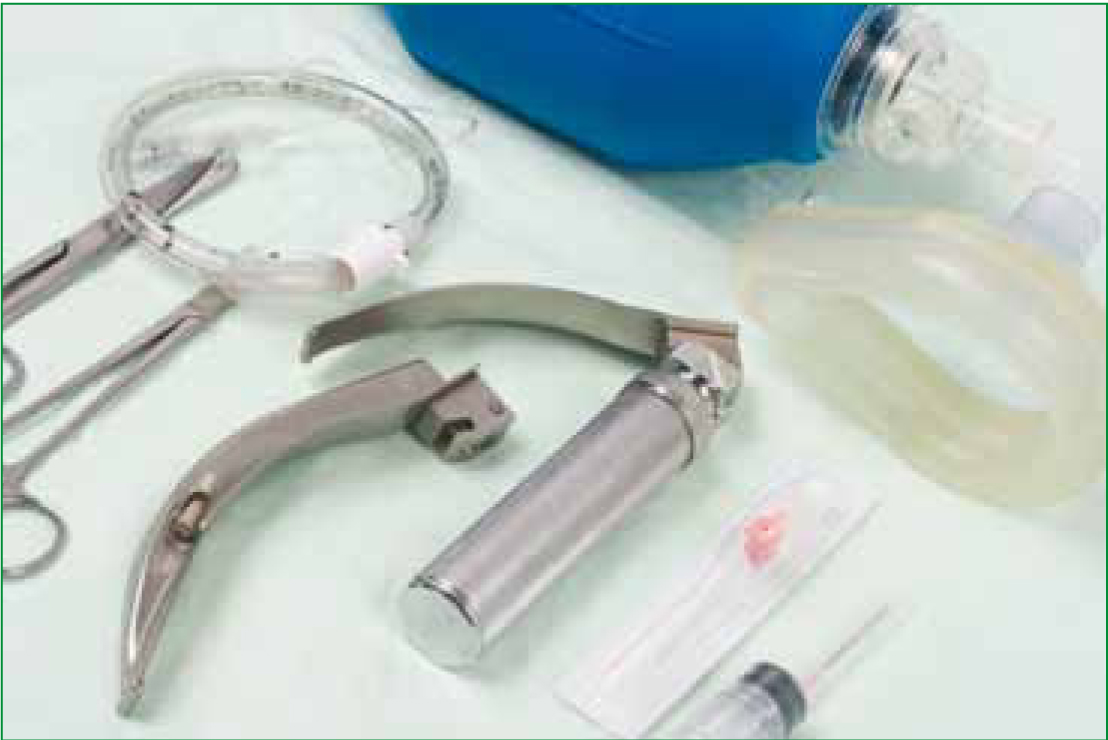In the first ever prospective randomized controlled trial (RCT) of paramedic rapid sequence intubation (RSI), patients aged ≥15 years with evidence of head trauma, GCS ≤ 9 and an anticipated transfer time to trauma unit ≥10 minutes, were randomized to either prehospital paramedic RSI or transport to hospital for physician RSI.Six months post-injury, surviving patients or their next of kin were contacted by telephone and neurologically assessed using the extended Glasgow Outcome Scale (GOSe), which ranges from 1 (deceased) to 8 (normal).
A total of 312 patients were recruited from four cities in Victoria, Australia between April 2004 and January 2008, and randomized to prehospital (n=160) or inhospital (n=152) RSI.
Baseline characteristics were similar between the two groups. The success rate for paramedic intubation was 97%, with no unrecognized oesophageal intubations. There was a statistically significant increase in the proportion of patients with good neurological outcome (GOSe 5–8) in the paramedic RSI group when compared with the in-hospital physician group (51% vs 39%, P=0.046), and a non-significant trend towards higher median GOSe in the paramedic group (5 vs 3, P=0.28).
In this study, prehospital RSI performed by a limited number of highly educated MICA paramedics in the context of an established statewide trauma system significantly improved favourable neurological outcome at 6 months post-injury.

